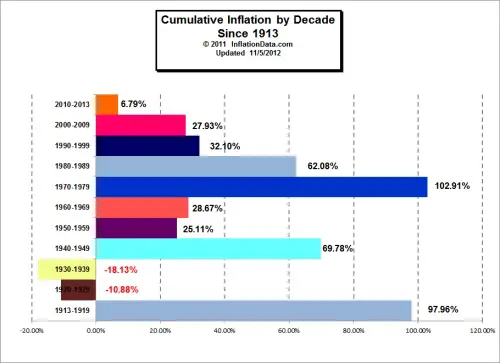- Joined
- Sep 13, 2011
- Messages
- 141
- Reaction score
- 24
Earnings tend to have a resilience about them that are not effected in the same way as the price of individual products. Stagnation of dental earnings may occur, which would result in a lower income in real terms, but there is not a lot out there to support a huge correction in nominal terms. If this "bump" has lasted several decades it's probably here to stay.
Having said that - I completely agree with what you said regarding the role of the federal government in rising tuition.
This sounds reasonable enough. I suppose I was assuming salaries would drop, rather than stagnate (and decrease in only relative terms) for two reasons: First, dentists draw their income from the positive cash flow of their practice, not from a larger company's payroll. I assumed that this meant that they were more directly sensitive to fluctuations in their industry because they do not have a set, contractually obligated salary. Rather than maintain their salary until conditions improve or they are fired, they would simply take a pay cut. Secondly, when I look at dental salaries over short periods of time (within a single decade), salaries do drop in both real and nominal terms. By this I mean to say the difference is not purely the result of inflation, because the difference is by more than a few percentage points per year. I can't look further into it than that because I don't know the first thing about consumer price indices, and I frankly consider myself to be financially illiterate.
Perhaps a more likely scenario would be a bi-modal distribution like layers are experiencing now. Top salaries might only stagnate with the formation of a distinct lower income tier. I know I saw an article about that somewhere. Maybe I can find it.
Edit: Eh...Not the actual article, but it's a reference to it.
http://www.nalp.org/uploads/0812Research.pdf


